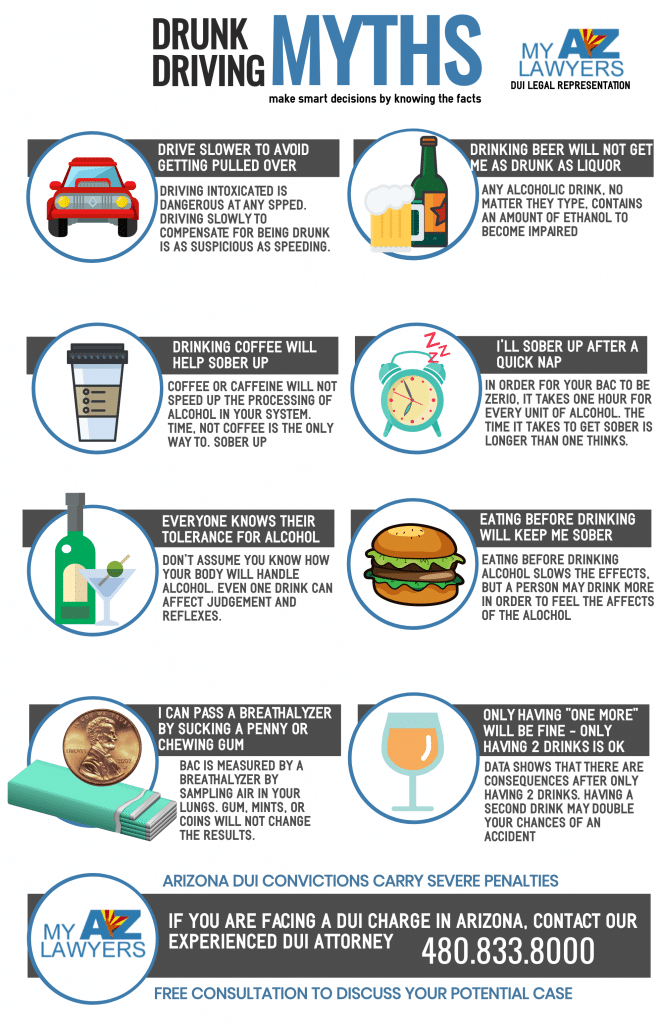PHOENIX DUI ATTORNEYS
With My AZ Lawyers
Experienced Phoenix DUI Lawyers
As Phoenix DUI Attorneys, our goal is to get all charges dismissed, an acquittal at trial, or get your charges reduced to a level lesser than a DUI. However, this isn’t always possible. Nevertheless, your chances of acquittal and achieving success in your Arizona impaired driving case will be greater if you contact our Experienced Phoenix DUI Attorneys.
It is very important for you to familiarize yourself with all the issues that arise in a typical DUI case so you can most effectively participate in building your case and make educated choices. Therefore, communication is key. Plus, it’s best for you to communicate to your Phoenix DUI lawyer all the facts of the case to allow your best possible defense.
In Phoenix and throughout Arizona, Driving Under the Influence (DUI) refers to the act of driving a vehicle while intoxicated. This intoxication may be due to alcohol or drugs to an extent that makes the driver unable to operate the vehicle in a safe manner. Additionally, it is not necessary to be visibly drunk or impaired to be subject to arrest on DUI charges. Whereas, a conviction can be obtained if the individual was caught driving with a breath alcohol content (or BAC) or blood alcohol level (or BAL) of .08 or more.
Regardless of how well a person can function or control their vehicle. They are still able to be charged with a crime if blood alcohol level is tested at .08% or higher. This is Arizona’s Per Se law, which states that it’s against Arizona law to drive with a BAC above .08%, regardless of the individual’s impairment level. Additionally, another consequence of a DUI arrest is that the DMV will be notified and authorized to take appropriate action regarding your driving privileges. Also, DMV involvement could result in the suspension of your driver’s license.

PHOENIX DUI FAQs
My AZ Lawyers Phoenix DUI Attorney
Schedule a Free Consultation with a Phoenix DUI Attorney
Call our Phoenix DUI Office today and set up a confidential consultation with one of our experienced criminal defense attorneys. Working with My Arizona Lawyers, you can assure peace of mind knowing that an elite team of top driving under the influence lawyers on your side. Contact us to learn more about the many defense options available. Also, get more information regarding working with our proven legal team by calling (480) 833-8000. Our Consultations are either in office or by phone. All consultations are free and with no obligation. We look forward to assisting you.









